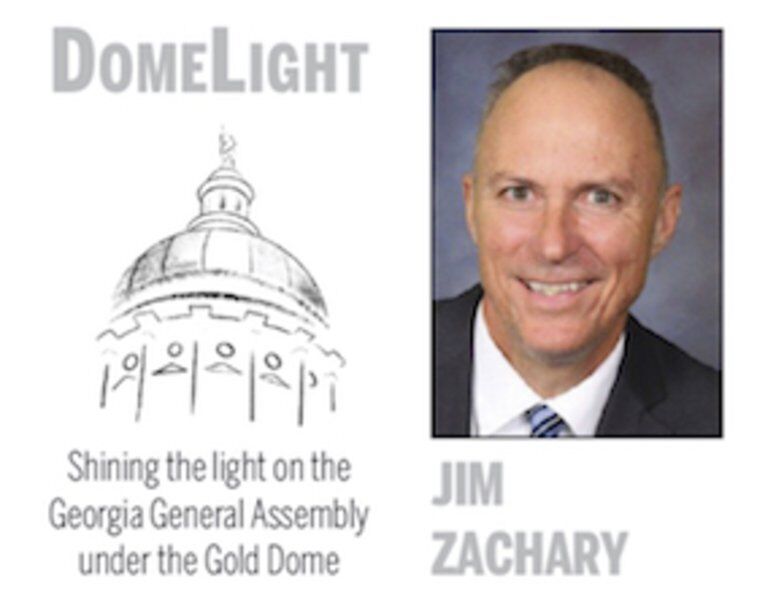ZACHARY: Free speech rights protect public employees
Published 5:00 am Saturday, March 18, 2023

- CNHI Deputy National Editor Jim Zachary
State whistle-blower laws protect government employees who report violations of the public trust, financial irregularities and federal laws protect employees who report environmentally unsafe working conditions.
The law in Georgia says, “No public employer shall retaliate against a public employee for disclosing a violation of or noncompliance with a law, rule, or regulation to either a supervisor or a government agency, unless the disclosure was made with knowledge that the disclosure was false or with reckless disregard for its truth or falsity.”
The law also says, “No public employer shall retaliate against a public employee for objecting to, or refusing to participate in, any activity, policy, or practice of the public employer that the public employee has reasonable cause to believe is in violation of or noncompliance with a law, rule, or regulation.”
Even beyond legal rights are fundamental, constitutional First Amendment rights.
Employees do not relinquish First Amendment rights because they work for the government.
In fact, in very real ways public employees have greater protections for their free speech rights.
Teachers, faculty, staff, law-enforcement officials, city or county office staff or other people employed by federal, state and local government should not be intimidated into thinking they cannot express their opinions publicly because they work in the public sector.
The courts have consistently said while a public employee’s behavior and speech should not be disruptive, they cannot be told by their bosses they are not allowed to express their opinion or not allowed to speak to the media, for instance.
Everyone in an open and free society should feel free to express an opinion and not fear reprisal.
Any attempt to squelch an individual’s right to express an opinion or share facts disregards the First Amendment to the U.S. Constitution along with the rulings of the U.S. Supreme Court.
In New York Times vs. Sullivan, the Supreme Court said, “We consider this case against the background of a profound national commitment to the principle that debate on public issues should be uninhibited, robust, and wide-open, and that it may well include vehement, caustic, and sometimes unpleasantly sharp attacks on government and public officials.”
A leading First Amendment authority, David Hudson, wrote, “The court (has) reasoned that ‘erroneous statement is inevitable in free debate,’ and that punishing critics of public officials for any factual errors would chill speech about matters of public interest” (Defamation and the First Amendment). In Pickering v. the Board of Education, the U.S. Supreme Court ruled a teacher has the right to speak out on issues of public importance without fearing being fired.
While local governments sometimes cite Garcetti v. Ceballos to prevent public employees from exercising First Amendment rights, in that case the court merely said if the person is speaking in their official capacity as a government employee then they might be disciplined or held accountable for their public comments, but if they are speaking as a private citizen their freedom of speech cannot be abridged.
Jim Zachary is the editor of The Valdosta Daily Times, CNHI’s director of newsroom training and development and president emeritus of the Georgia First Amendment Foundation.



